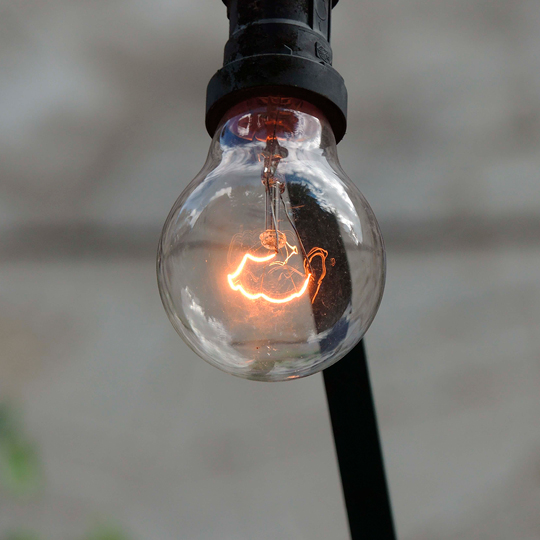You may be thinking that you’ve got nothing to worry about. You have a newer house, an electrician who does maintenance checks on your wiring, and someone in the family has taken the initiative to check for loose connections. So what are you worried about? But it’s not just older houses with outdated wiring that are experiencing electrical problems. New homes are also susceptible to these issues. One of the main problems is flickering lights. Here are some of the reasons your house’s lights may be flickering.
1.Voltage Drop
This is one of the most common electrical problems, but it’s not always easy to recognize. Voltage drop occurs when there isn’t enough voltage getting to your lights and appliances because of increased resistance in the wiring. This may be due to older aluminum wire that has corroded or faulty connections. It could also be due to too many items plugged into one outlet. There are also other reasons it could be happening, but the bottom line is that your lights are not getting enough power to stay lit.
2.Loose Wiring
If you’ve recently noticed your light bulbs flickering or blowing out, there might be a loose connection somewhere in the circuit. This can happen when wiring gets damaged due to hot spots such as loose connections and faulty wiring. There could also be an issue with ground faults that cause circuits to overload. The reason this happens is that the wiring is undersized for its purpose.
3. Overloaded Circuits
A circuit is overloaded if it’s being used for more than its intended load. This is why you want to avoid plugging too many appliances in one outlet because the wiring won’t be able to keep up with the load. It can also be caused by faulty breakers or fuses that are tripping.
4. Outdated Wiring
Older aluminum wiring is more susceptible to problems like voltage drop and overheating. This includes outdated knob and tube wiring that was installed decades ago. If your house still has this type of wiring, you should consider having it replaced by a licensed electrician.
5. Issues with the Bulb
If you notice flickering or outages with one specific light, it could be due to the bulb. When the filament of a bulb fails, this causes interruptions in power and generates heat. This can cause damage to your fixtures as well as start a fire. Check to see if the bulb is loose by rotating it counterclockwise. If it seems tight, install a new one.
There are several reasons why your lights may be flickering, and these issues should be addressed by a local electrician. This is not something you want to do yourself because of the safety risks that can come with electrical work, especially if it’s been a while since the last time your wiring was updated.


